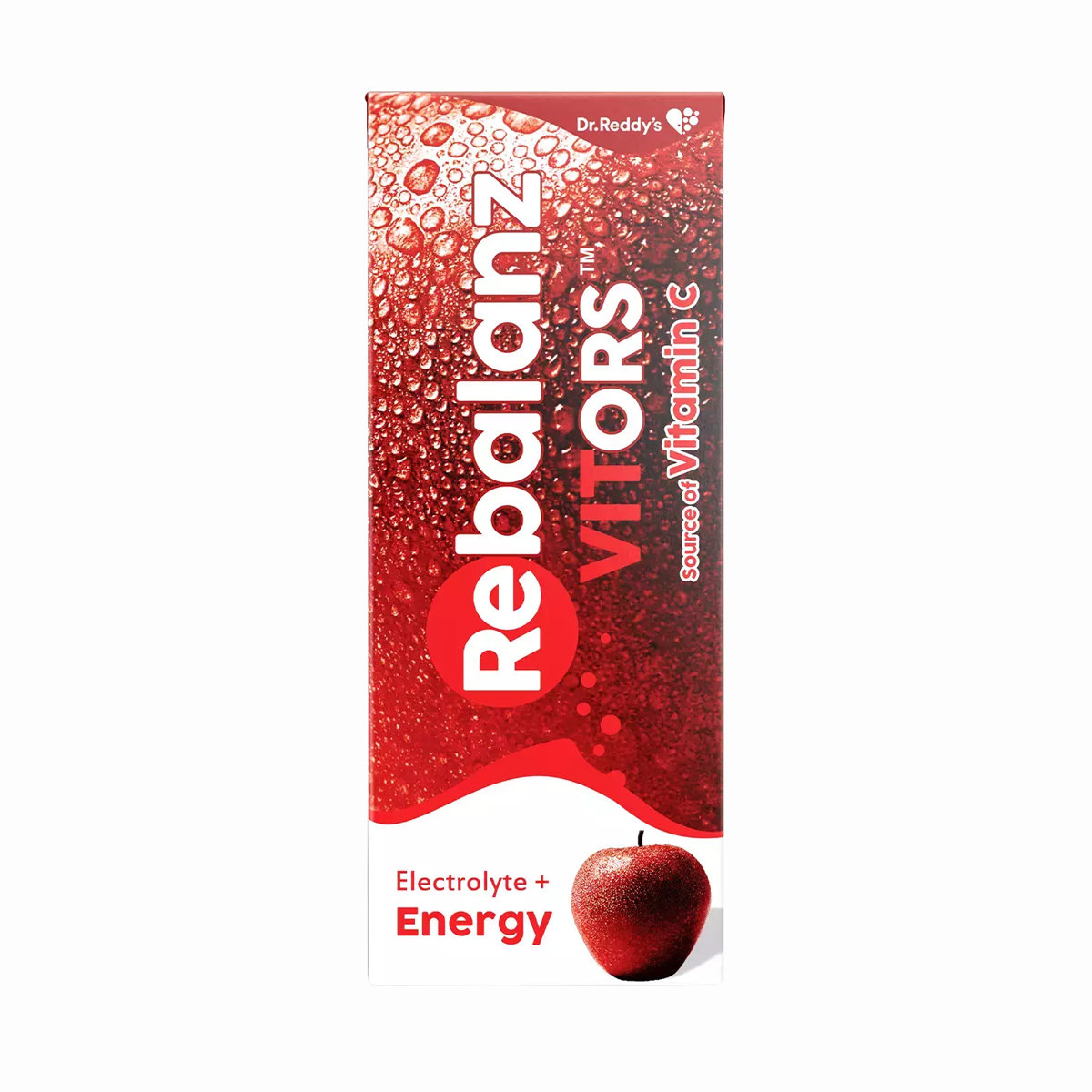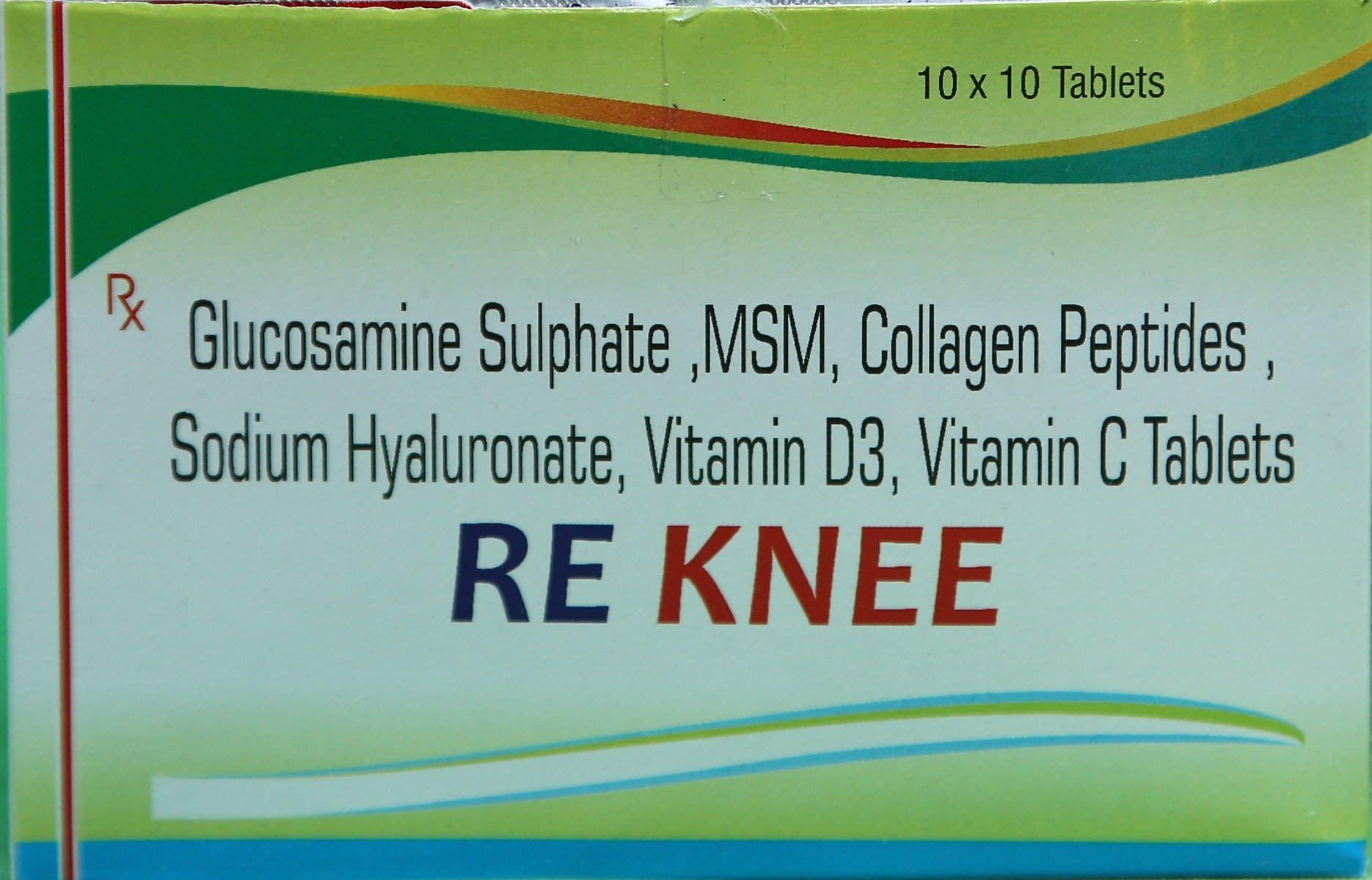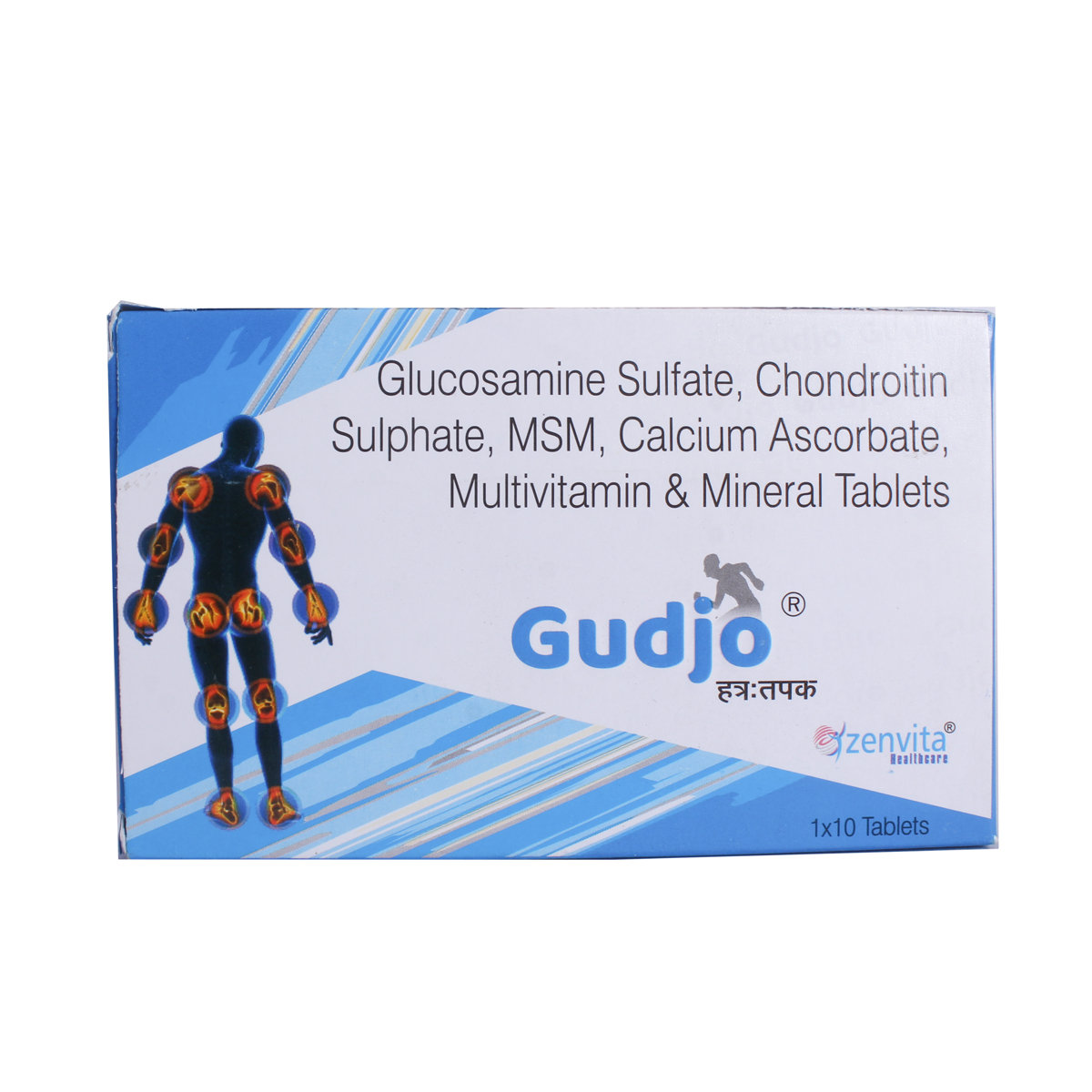Sodium+potassium+vitamin C+chloride
About Sodium+potassium+vitamin C+chloride
Chloride+potassium+sodium+vitamin C is a combination of electrolytes used to treat or prevent dehydration (too much loss of body water). It is indicated as a source of electrolytes, water, and calories. A sufficient amount of fluids, electrolytes and minerals are necessary for the normal functioning of the body.
Chloride+potassium+sodium+vitamin C contains chloride, potassium, sodium, and vitamin C. Chloride+potassium+sodium+vitamin C helps in replacing the nutrients and minerals lost due to vomiting, diarrhoea, excess sweating or other causes. Thereby, helps in treating and preventing dehydration. Chloride+potassium+sodium+vitamin C also helps in providing instant energy.
In some cases, you may experience common side effects, such as mild nausea and stomach upset. Most of these side effects do not require medical attention and will resolve gradually over time. However, you are advised to talk to your doctor if you experience these side effects persistently.
Let your doctor know if you are allergic to any of the components in Chloride+potassium+sodium+vitamin C. Consult your doctor if you are pregnant or breastfeeding. Chloride+potassium+sodium+vitamin C should be given to children only if advised by the doctor. Keep your doctor informed about your health condition and medications.
Uses of Sodium+potassium+vitamin C+chloride
Medicinal Benefits
Chloride+potassium+sodium+vitamin C is a combination of four minerals, namely: Chloride, Potassium, Sodium, and Vitamin C. Chloride+potassium+sodium+vitamin C is used to treat or prevent dehydration (too much loss of body water). It is indicated as a source of electrolytes, water, and calories. Chloride+potassium+sodium+vitamin C helps in replacing the fluids and minerals lost due to vomiting or diarrhoea. Thereby, helps in treating and preventing dehydration.
Directions for Use
Storage
Side Effects of Sodium+potassium+vitamin C+chloride
- Nausea
- Stomach upset
Drug Warnings
Do not take Chloride+potassium+sodium+vitamin C if you are allergic to any of its components. Inform your doctor if you have hyperkalemia (high potassium levels), hyperglycemia (high blood glucose levels), hypernatremia (high concentration of sodium in the blood), hyperchloremia (high levels of chloride in the blood), fluid overload, or refeeding syndrome. Consult your doctor if you are pregnant or breastfeeding.
Drug Interactions
Drug-Drug Interactions: No interactions found/established.
Drug-Food Interactions: No interactions found/established.
Drug-Disease Interactions: No interactions found/established.
Drug-Drug Interactions Checker List:
Safety Advice

Alcohol
cautionIt is unknown if alcohol interacts with Chloride+potassium+sodium+vitamin C. Please consult your doctor.

Pregnancy
cautionPlease consult your doctor if you are pregnant or if you have any concerns regarding this.

Breast Feeding
cautionPlease consult your doctor if you are breastfeeding or if you have any concerns regarding this.

Driving
cautionChloride+potassium+sodium+vitamin C is unlikely to affect your ability to drive. However, drive only if you are alert.

Liver
cautionPlease consult your doctor if you have any concerns regarding the usage of Chloride+potassium+sodium+vitamin C in patients with liver impairment.

Kidney
cautionPlease consult your doctor if you have any concerns regarding the usage of Chloride+potassium+sodium+vitamin C in patients with kidney impairment.

Children
cautionChloride+potassium+sodium+vitamin C should be given to children only if advised by the doctor.
Habit Forming
Diet & Lifestyle Advise
- Regularly drink fluids to prevent dehydration.
- If you are unable to drink large volumes of fluids, try drinking small sips frequently.
- Consume foods rich in water content such as watermelon, cucumber, tomatoes, broccoli, spinach, oranges, Brussel sprouts, apples, etc.
Patients Concern
Disease/Condition Glossary
Dehydration: Dehydration is the loss of body fluids more than what you take in. It could occur due to inadequate fluid intake, illness, sweating, excess urination, diarrhoea, or vomiting. A sufficient amount of fluids, electrolytes, and minerals are necessary for the normal functioning of the body.
FAQs
Chloride+potassium+sodium+vitamin C helps in replacing the fluids and minerals lost due to vomiting or diarrhoea. Thereby, helps in treating and preventing dehydration.
Consult your doctor before taking Chloride+potassium+sodium+vitamin C if you are diabetic, as it might contain sugars. Regular monitoring of blood glucose levels is advised.
Consult your doctor before taking Chloride+potassium+sodium+vitamin C if you have hyperkalaemia (high levels of potassium in the blood) as it contains potassium.
Chloride+potassium+sodium+vitamin C contains sodium, therefore consult your doctor before taking Chloride+potassium+sodium+vitamin C if you are on a sodium-restricted diet or if you have hypernatremia (high concentration of sodium in the blood).





